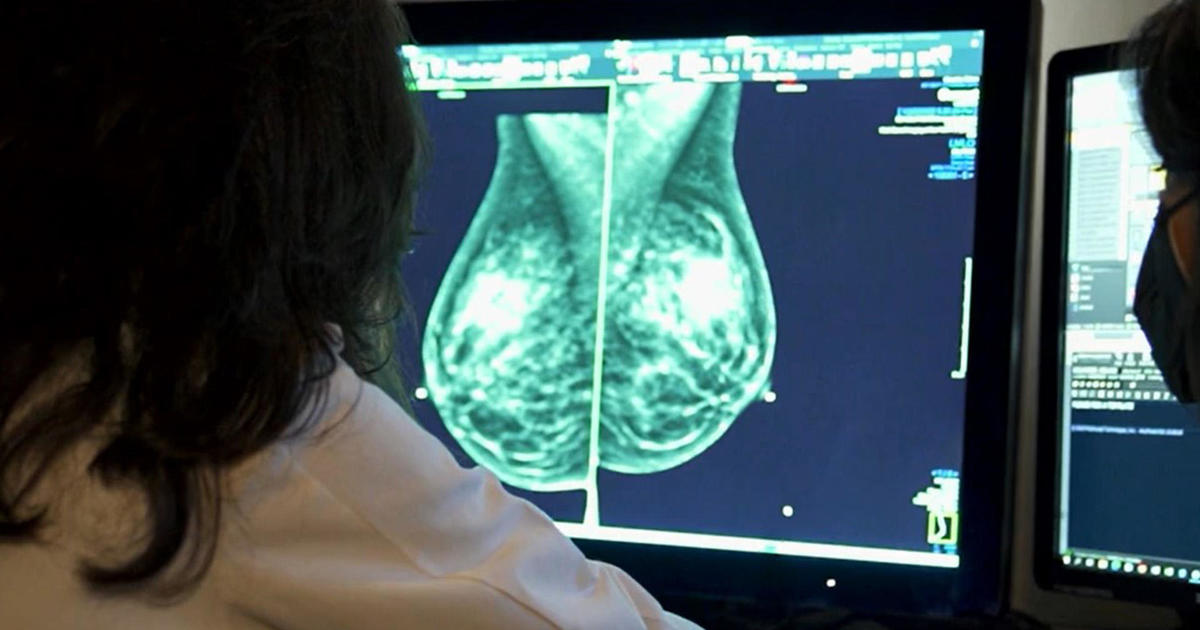Federal regulators have scrapped a plan that raised concerns among physicians, patients, and breast cancer advocacy groups regarding limited options for reconstructive surgery. The controversy revolved around the payment structure for a specific type of breast reconstruction called DIEP flap, which involves using tissue from the abdomen to create a new breast. The Centers for Medicare and Medicaid Services (CMS) had initially decided to eliminate billing codes that provided higher reimbursement for DIEP flap surgeries compared to simpler forms of breast reconstruction. This decision was criticized by plastic surgeons who believed it would restrict access to the procedure to those who could afford to pay out of pocket.
By influencing medical billing codes, the federal government has the power to impact the available treatment options for patients, including those with private insurance. However, in response to numerous verbal and written requests, CMS reversed its decision to eliminate the billing codes. A substantial number of commenters expressed concerns about reduced accessibility to DIEP flap surgeries, leading to the agency’s policy reversal.
The latest action taken by CMS has been praised by supporters, including plastic surgeon Elisabeth Potter, who specializes in DIEP flap surgeries. CMS’ decision followed a public hearing where patients, physicians, and representatives from breast cancer advocacy organizations urged the agency to reconsider its initial plan, emphasizing the potential decrease in access to DIEP flap surgeries.
DIEP flap procedures offer certain advantages over other techniques, such as implants and muscle-based reconstructions. Implants are cheaper and quicker to perform but require replacement approximately every 10 years. On the other hand, DIEP flap surgeries are more expensive but offer long-term benefits. If performed outside of an insurance network, the cost can exceed $50,000. A group of plastic surgeons argued that in-network doctors might stop offering the procedure if reimbursement rates were significantly reduced.
Breast cancer patient Christy Huling, who underwent a double mastectomy and DIEP flap surgery, expressed gratitude for CMS’ decision, highlighting the positive impact of the procedure on her quality of life. The government’s initial plan to eliminate the billing codes was influenced by the Blue Cross Blue Shield Association, a major lobbying organization for health insurance companies. However, CMS’ decision to discontinue the codes was met with opposition from lawmakers and patients, leading to the agency’s change in policy.
It is important to note that billing codes do not determine the reimbursements made by private insurers for medical services. Reimbursement amounts are typically negotiated between insurers and medical providers. Nonetheless, the targeted billing codes offered a way to distinguish between complex microsurgical procedures like DIEP flap surgeries and other forms of breast reconstruction, which require less time and yield lower reimbursements.
Experts and plastic surgeons warned that the initial plan would have hindered the availability of high-quality breast microsurgery for breast cancer patients. They reported instances where good candidates were denied the procedure due to concerns over reimbursement rates. In response to these concerns, CMS acknowledged the significance of the patient-provider relationship and the importance of medical professionals in determining the most suitable breast reconstruction approach for each patient.
In conclusion, CMS’ decision to retain the billing codes for DIEP flap surgeries has been applauded for ensuring fair and equitable access to different breast reconstruction techniques. This development marks a significant victory for breast cancer patients and the field of breast reconstruction.
Denial of responsibility! VigourTimes is an automatic aggregator of Global media. In each content, the hyperlink to the primary source is specified. All trademarks belong to their rightful owners, and all materials to their authors. For any complaint, please reach us at – [email protected]. We will take necessary action within 24 hours.


